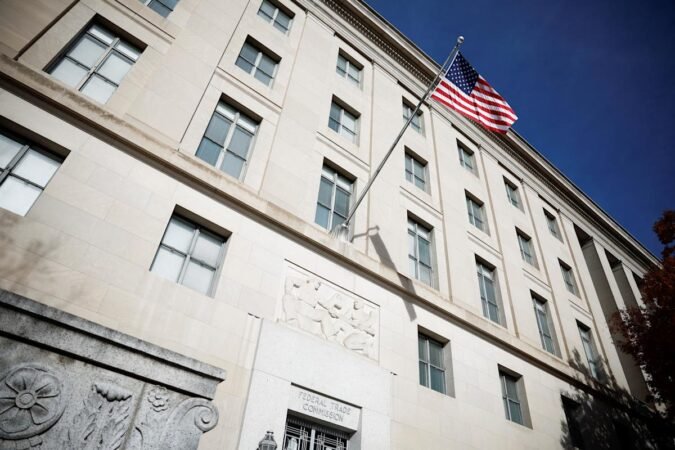Summary Points
-
FTC’s Rule Implementation Delayed: The Federal Trade Commission (FTC) was set to implement the "click to cancel" rule in 2024, mandating transparency in subscription terms and cancellation options, but delayed enforcement to July 14.
-
Eighth Circuit Court Decision: The US Eighth Circuit Court of Appeals vacated the Negative Option Rule, siding with industry appeals that claimed the FTC failed to follow proper procedures in its rulemaking.
-
Judicial Ruling on Procedural Errors: The court highlighted serious procedural deficiencies in the FTC’s rulemaking process, stating that these errors warranted vacating the entire rule.
- Impact on Businesses: While the judges condemned unfair practices, the decision allows businesses to continue using deceptive marketing tactics without regulatory consequences for the foreseeable future.
FTC’s Click-to-Cancel Rule Struck Down by Federal Judges
In a surprising turn of events, federal judges from the U.S. Eighth Circuit Court of Appeals have vacated the Federal Trade Commission’s (FTC) "click-to-cancel" rule. Initially set to roll out in 2024, this rule aimed to enhance transparency in subscription services. It required companies to clearly disclose their terms and exit options for consumers.
The FTC delayed enforcement of parts of the rule earlier this year, signaling internal challenges. Ultimately, the court deemed that the agency failed to follow proper procedures before issuing the rule. Judges noted that "the procedural deficiencies of the Commission’s rulemaking process are fatal here."
While the judges disapprove of unfair marketing practices, they recognized the significant procedural errors made by the FTC. As a result, many businesses can continue using the same marketing tactics without change for now.
Supporters of the rule argue that transparency in subscription services is essential. They believe consumers deserve straightforward options for cancelling unwanted subscriptions. Conversely, businesses have hailed the ruling as a win, claiming it frees them from regulatory burdens.
This development may have broader implications, especially for smart cities and urban innovation. Clearer consumer interactions in technology sectors could foster trust and openness. With ongoing developments in urban tech, a transparent approach can enhance user experiences and drive community engagement.
Discover More Technology Insights
Stay informed on the revolutionary breakthroughs in Quantum Computing research.
Stay inspired by the vast knowledge available on Wikipedia.
GadgetsV1

